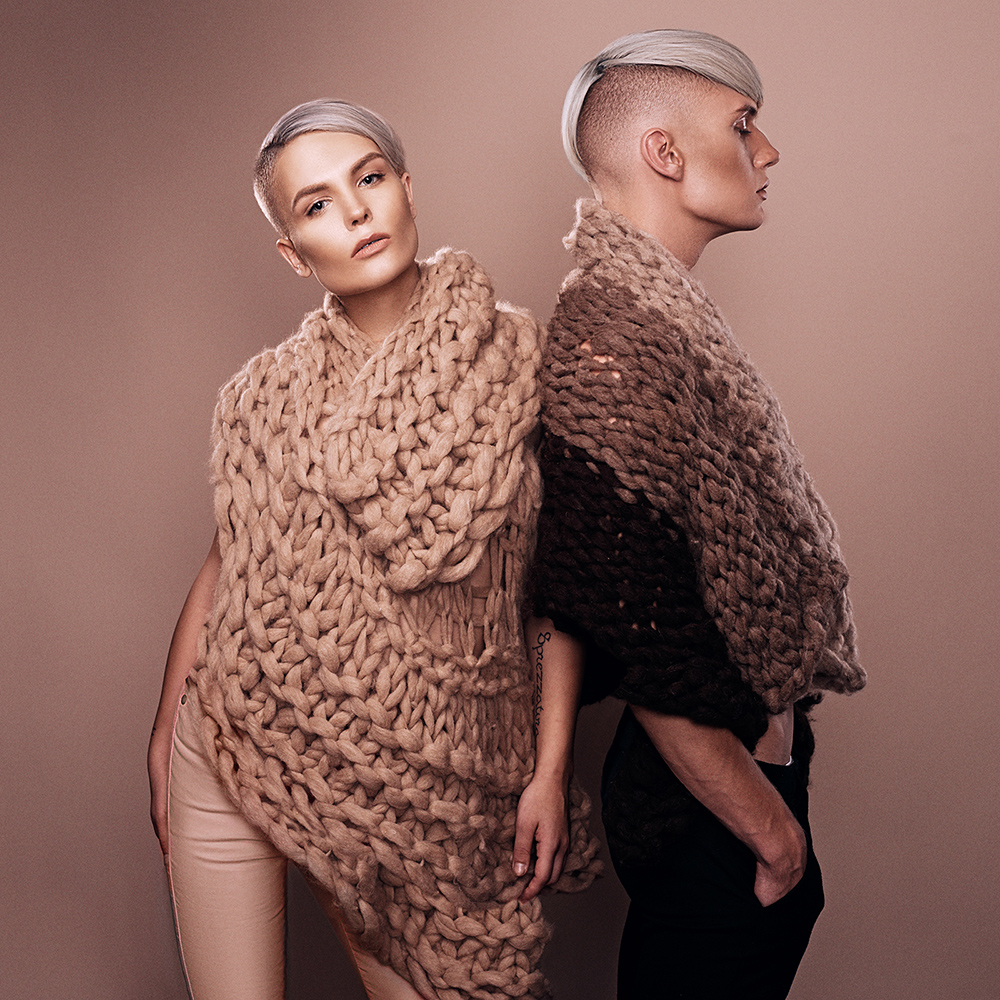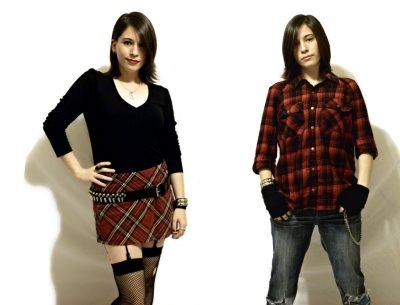What Does Gender Fluid Mean from Serenity's blog
Gender Fluid
Awareness of multiple genders and sexual orientation has recently taken a limelight in the media, however misconceptions and stereotypes still linger because of this. Before we start to dive into this subject matter, it is important to know simple terms such as gender, intercourse, and sexuality. Gender is what people feel within themselves, according to cultural understandings. Such as girls are soft and compassionate, whilst men are less so. intercourse is a biological term which directly refers to the genitals one was born with. Sexuality is whom one is attracted to sexually and emotionally. This may or may not align with their gender.

Gender fluid is an identity that seems to be regularly mistaken. Gender fluid refers to a gender which varies over time. A gender fluid person may at any time identify as male, female, neutrois, or any other non-binary identity, or some combination of identities. It is a gender identity which can be described as a mix of boy and girl. A person who is Gender Fluid may always feel like a mix of the two traditional genders but may feel more boy some days, and more girl other days. Being Gender Fluid has nothing to do with which set of genitalia one has, nor their sexual orientation. It is solemnly as what they feel like inside, and gender fluid people never seem to stick with a single gender identity.
Many celebrities consider themselves genderfluid, such as Miley Cyrus, Tilda Swinton, DJ Ruby Rose, and Andrej Peji?. Standards for each gender has been ever evolving, from more intense beliefs, to sneaky yet still beliefs.
One of the main misconceptions for people who are gender fluid is that their gender is nonexistent, however, an individual who is gender fluid experiences a constant shift between the gender spectrums. There are some people who fall under the Trans spectrum that do not feel dysphoric about their gender, but it is well known that most do. Gender Dysphoria is a feeling of your physical body not matching up with how you feel internally that it should be. Many people would describe the feeling of dysphoria in many different ways, though all of the ways that it is described make it clear that it is a negative feeling.
Many people who are gender fluid will date bisexual or pansexual people, those who are attracted to two genders or are attracted to people no matter what gender they are. Some people who are gender fluid will use pronouns other than he/him or she/her. Some will use the gender-neutral they/them, or another term that they choose and use regularly. Along with different pronouns, sometimes they will use gender-neutral terms for themselves while dating. Instead of having their significant other calling them their boyfriend/girlfriend, they will term such as “date mate” or even a term as simple as “partner” or “significant other”.
Many people who are gender fluid will often dress and appear as unisex or androgynous, though in some cases they will decide to mix objects that most would place within gender categories. A good example of that would be someone who decides to wear masculine appearing clothing, with makeup or another part of themselves appearing feminine.
It is recommended that when coming across a genderfluid person, that you politely ask what pronouns they would like to be referred as. Some people who experience fluid gender don't use the word "genderfluid" for themselves. Some people with fluid genders call themselves by a word such as genderqueer, bigender, multigender, polygender, or other words. This can be because the people haven't seen the word "genderfluid," or it can be because they don't think it describes them well. It's important to understand that each person has the right to decide what to call their gender identity and that they're the only one who can do that.

Some genderfluid people find that their environment does not influence their gender identity to change. They find that their gender fluidity is unpredictable and happens randomly. Other genderfluid people find that their gender changes depending on the situation, and is influenced by inside or outside sources. For genderfluid people who think their changes in gender might have to do with their menstrual cycle, they think it might be caused by how the natural hormone levels rise and fall during that cycle. It’s possible that a person might think that they tend to feel male during their periods even if that’s only rarely the case for them because the incongruence of that situation would feel noticeable and memorable.
The biggest thing to keep in mind for both sides of a relationship with someone who is gender fluid, whether that relationship is platonic or romantic, is being honest with each other about who you are and what you are looking for. Being open with a significant other can really be better for both people involved than one might think.

The Wall